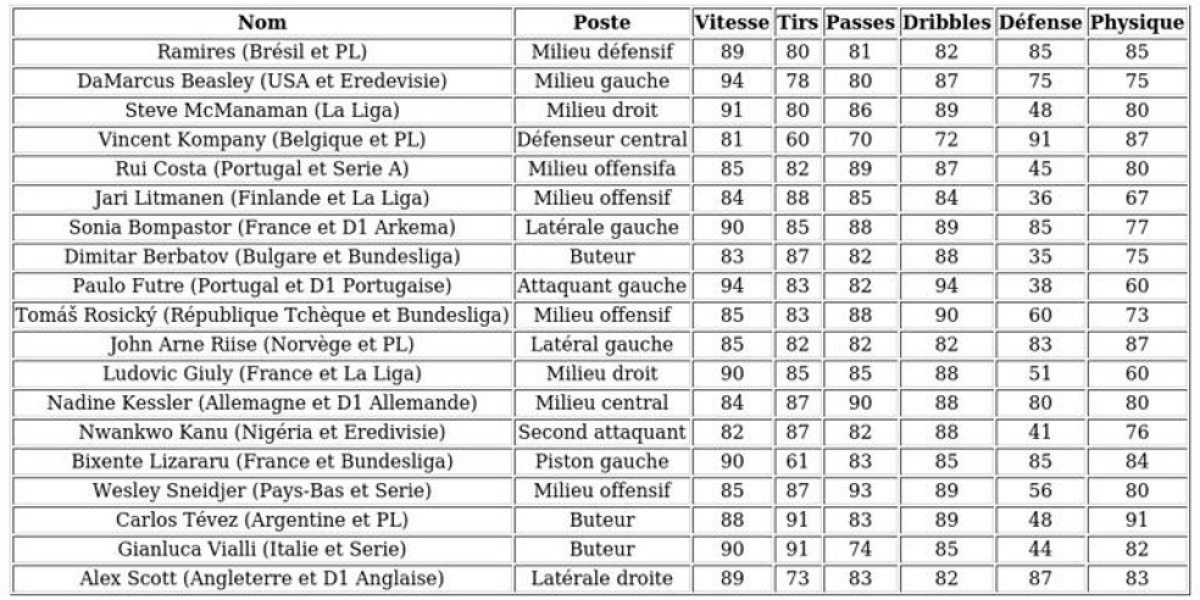France Intensifies Efforts in Surgical Site Infection Control Amid Market Growth
France is placing a significant emphasis on preventing and controlling surgical site infections (SSIs), a major concern within healthcare facilities.
Key Developments and Strategies:
- Strict Healthcare Policies and Regulations: French health authorities are mandating stringent infection control policies within hospitals, recognizing infection control as essential for patient safety.
- Government Support for Innovation: The French government is actively supporting innovations aimed at preventing healthcare-associated infections (HAIs), including the use of antimicrobial sutures and advanced sterilization devices.
- Increased Surgical Procedures: The rising volume of surgical procedures in France, particularly in orthopedics and cardiology, is driving the demand for efficient infection control systems. Approximately 1.2 million surgical procedures were conducted in French hospitals in 2021, with an anticipated annual growth of around 3%.
- Ambitious Reduction Targets: The French Public Health Agency has launched initiatives aiming to reduce surgical site infections by at least 20% over the next decade.
- Patient Awareness Driving Demand: With around 50% of surveyed patients expressing concerns about SSIs, healthcare providers face increasing pressure to implement effective infection control protocols.
- Focus on Surgical Gloves: The adoption of high-quality, latex-free or synthetic surgical gloves is widespread, reflecting concerns about allergies and a broader trend towards sustainability.
- National Surveillance Programs: France has a history of implementing national surveillance programs, such as the INCISO network, which has demonstrated the effectiveness of active surveillance in reducing SSI incidence. Data from INCISO showed a significant decrease in crude SSI incidence over a six-year period.
- Emphasis on Prevention Bundles: The implementation of preventive bundles, particularly in high-risk surgeries like colorectal surgery, is being explored to reduce SSI rates. Studies suggest that comprehensive bundles with multiple elements show the greatest reduction in infections.
- Addressing Post-Discharge Infections: Recognizing the burden of post-discharge SSIs, efforts are underway to better understand and address risk factors associated with infections occurring after patients leave the hospital.
Challenges and Future Directions:
- Economic Burden of SSIs: Surgical site infections contribute significantly to healthcare costs, highlighting the economic benefits of effective prevention strategies.
- Antibiotic Resistance: With growing rates of antibiotic resistance, the development of non-antimicrobial techniques for SSI reduction is crucial.
- Implementation of Best Practices: While guidelines exist, ensuring consistent and thorough implementation of best practices across all healthcare settings remains a challenge.
France is demonstrating a strong commitment to reducing surgical site infections through robust policies, support for innovation, and national surveillance efforts. As the market for infection control solutions continues to grow, a sustained focus on prevention and adherence to best practices will be essential to further improve patient outcomes and reduce the burden of SSIs.



